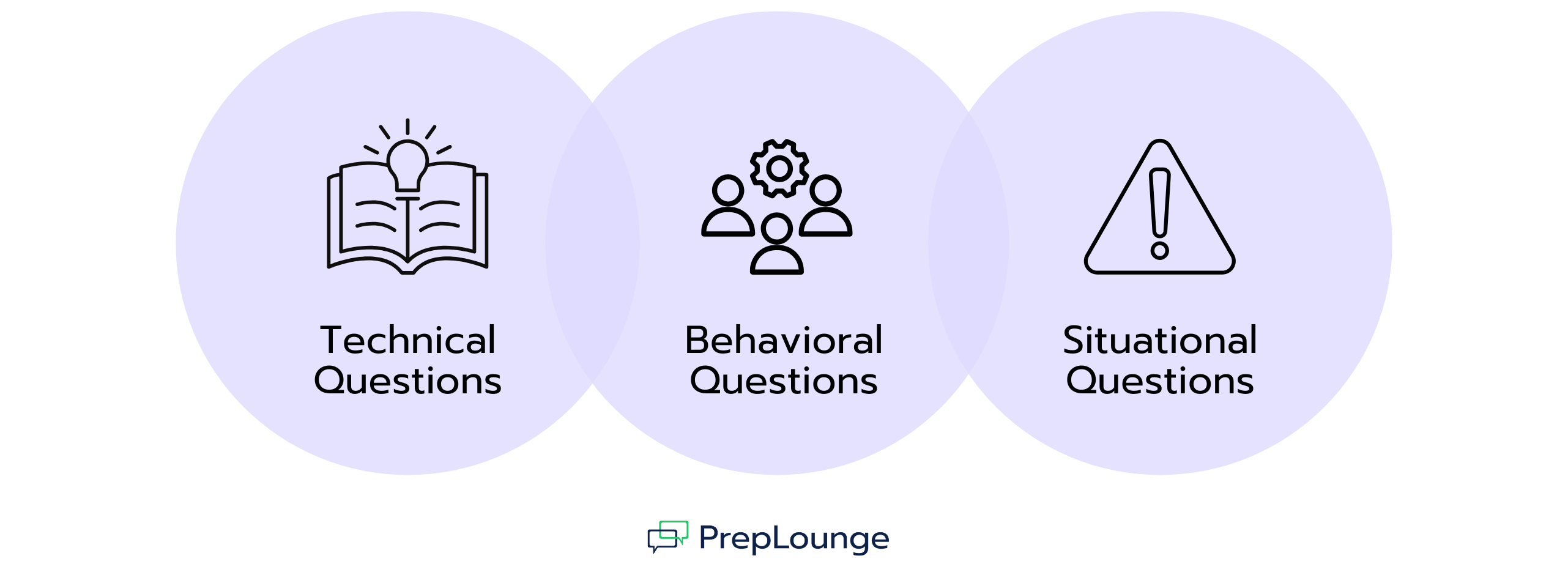How to Prepare for a HireVue Interview in Investment Banking
Preparing for a HireVue interview in investment banking requires more than just rehearsing answers. It starts with understanding the specific firm you’re applying to and aligning your preparation with their expectations.
Research the Firm Before Your HireVue Interview.
Before answering any questions, make sure you have a deep understanding of the investment bank you are applying to. Each firm has its own culture, focus areas, and recent deals. Reviewing their latest transactions, especially in sectors that interest you, helps you explain how their work aligns with your career goals. This preparation also allows you to tailor your answers to the qualities the bank values most. For more firm-specific insights, check out our Goldman Sachs Interview Guide and our Investment Banking Interview Guide.
Master Technical Knowledge.
Technical questions are a core part of every HireVue investment banking interview. You should be confident in valuation techniques, financial statements, and financial modeling, but also practice applying this knowledge to real-world market scenarios. For example, think about how rising interest rates could affect corporate borrowing and M&A activity, or how you would value a startup with no revenue but strong growth prospects. Practicing these scenarios will help you refine your answers and demonstrate practical thinking.
Craft Your Behavioral Stories.
HireVue interviews almost always include behavioral questions, which test your ability to reflect on past experiences. To prepare, think of situations from internships, academic projects, or extracurricular activities where you showed leadership, teamwork, or problem-solving. Structuring your stories with the STAR method (Situation, Task, Action, Result) helps keep your answers clear and impactful. Strong examples can reassure recruiters that you are ready for the high-pressure environment of investment banking.
Practice in Front of a Camera.
One of the biggest challenges of a HireVue video interview is coming across as natural when speaking to a camera. Recording yourself while answering practice questions is one of the best ways to prepare. Pay attention to your eye contact, tone of voice, and body language. Small improvements, like slowing down your pace or avoiding filler words, can make a big difference. The goal is to appear confident, professional, and engaged, even without a live interviewer in front of you.
Plan for the Unexpected.
Even with thorough preparation, you will likely face a HireVue interview question that surprises you. When this happens, the most important thing is to remain calm. Take a moment to gather your thoughts, and if necessary, think out loud so the interviewer can follow your reasoning. Recruiters value the ability to stay composed under pressure, since it reflects the realities of working in fast-paced banking environments.
Common HireVue Questions in Investment Banking
While it’s impossible to predict every question you’ll face, being familiar with common themes can give you a head start. Here are some examples of questions you might encounter:
Technical Questions
- “How would you analyze a company’s financial health if you only had access to its balance sheet?”
- “What effect would a change in the Federal Reserve’s interest rate policy have on the equity markets?”
- “Explain how you would value a startup with no revenue but significant growth potential.”
- “What are the key considerations when deciding whether to pursue an IPO or a private placement?”
Behavioral Questions
- “Describe a time when you had to lead a team under a tight deadline. How did you ensure success?”
- “Tell me about a situation where you had to work with a difficult team member. How did you handle it?”
- “What’s a mistake you’ve made in a previous role, and how did you address it?”
Situational Questions
- “Imagine a client expresses concerns about the valuation of their company. How would you address their concerns?”
- “How would you approach a scenario where you have to prioritize conflicting tasks from different senior team members?”
- “If you discovered a major error in a report shortly before presenting it to a client, what steps would you take?”
On the Day of Your HireVue Interview
When the day arrives, make sure your technology is working smoothly by testing your camera, microphone, and internet connection. Log in early, choose a quiet and well-lit environment with a professional background, and dress as you would for an in-person interview. During the interview, maintain eye contact with the camera, speak clearly, and keep your answers concise. If you stumble on a tough question, take a breath before answering. Showing that you can stay composed under pressure is often just as important as the accuracy of your response.
After the Interview: What Comes Next
Once you finish your HireVue interview, take time to reflect on your performance. Consider what went well and what you would improve in the future. If you have a recruiter contact, sending a short thank-you email can help reinforce your interest in the position. At the same time, begin preparing for the next stage of the process, which could include a phone interview, in-person interview, or Superday. Building on your HireVue preparation ensures you will be ready for the more advanced rounds ahead.
How PrepLounge Supports You in Breaking into Finance
Preparing for a HireVue interview in investment banking can be challenging, but you don’t have to face it alone. PrepLounge provides the right support to help you train your skills and get ready for the selection process. With practical resources and interactive tools, you can gradually improve both your technical knowledge and your interview performance.
These tools will help you prepare effectively:
👉 Finance Interview Basics: Compact guides covering essential concepts.
👉 Case Library: Practice cases, including finance-specific scenarios.
👉 Mock Interviews: Connect with peers and simulate interviews in a realistic setting.
👉 Coaching Sessions: Get personalized feedback from experienced coaches with finance and banking backgrounds.
👉 Interview Guides: Detailed preparation guides for top banks like Goldman Sachs and JP Morgan.









